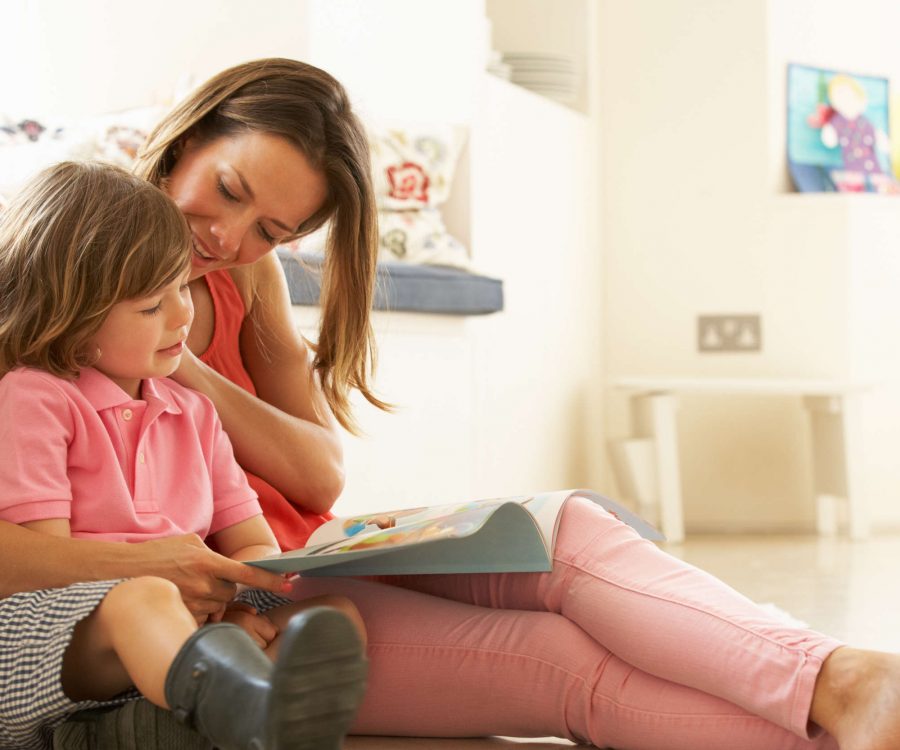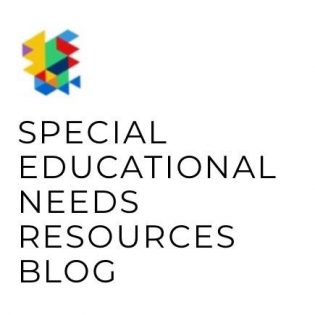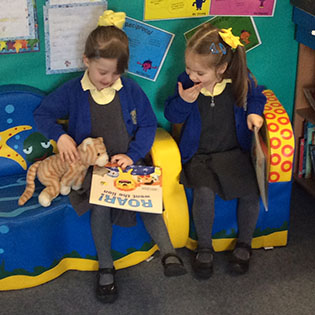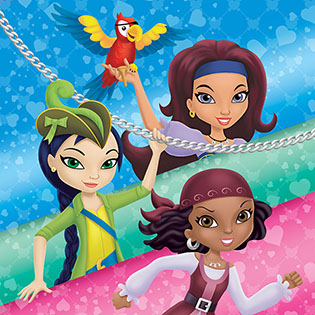14th June 2018
How Reading Helps to Develop Children’s Speech, Language and Communication Skills
Welcome to Georgina Durrant, our first Imagine That guest blogger! Georgina is a tutor for children with special educational needs and director of ‘Cheshire SEN Tutor LTD’.
With a host of qualifications under her belt including a BSc (Hons) in Medical Sciences, PGCE with QTS, National Award for Special Education Coordination and Post Graduate Diploma in Vulnerable Learners, Georgina is an expert in all things educational! She is also a registered test user with the British Psychological Society.
She started her blog to share her thoughts, recommendations and ideas of effective learning activities to try at home. She also regularly shares reviews of resources, toys and books for children, particularly those with an SEN focus. Over to Georgina …!
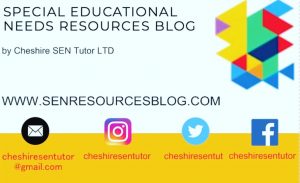
I’m Georgina, mum of two, qualified teacher/SENCo and I run The SEN Resources Blog (www.senresourcesblog.com).
It will come as no surprise therefore, that I believe reading is incredibly important for all children.
In fact I’d go even further than that to say that reading is, in my opinion, one of THE best ways of helping to develop a child’s speech, language and communication skills.
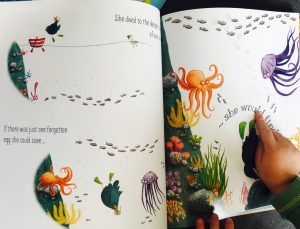
Reading to your child provides special, one-to-one time. It’s enjoyable and provides a focused opportunity to listen to language and practise their own developing speech, language and communication skills.
Books help children’s speech, language and communication skills throughout their childhood, in varying ways. From first sounds and words onwards!
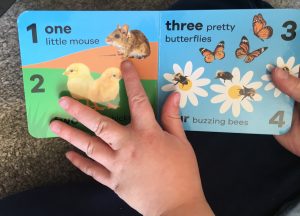
Young children and babies learn a number of things from watching and listening to an adult read to them. For example, they learn the different sounds we can make and the way we form sounds using our mouths and lips. Through the use of books (such as cleverly designed baby books!) they also learn first words such as: colours, shapes and names of animals.
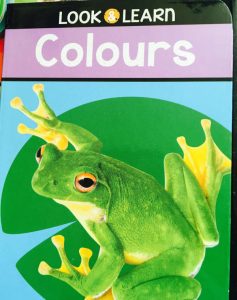
As a child’s language skills develop, books then become a fantastic tool for expanding their vocabulary. Books are wonderful for providing children with opportunities to discover new, interesting words. It’s brilliant hearing children practising new words in context, after they’ve heard them being read in their favourite books!
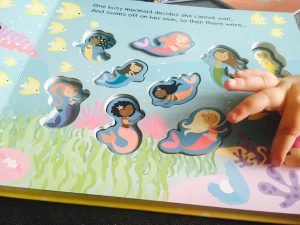
Books don’t just help children learn new words, you may notice a child might also start picking up things such as how we use tone of voice during reading to emphasise words.
They may start to notice how simple sentences are structured. For example, hearing us pausing after part of the sentence and pausing for longer at the end of the sentence. They will also learn how to use connectives such as ‘and’ or ‘because’ to link parts of sentences together.
Children may observe us trying to pronounce a tricky word (like dinosaur names!) and learn how words are made up of sounds that we blend together. Not only will this help them when they are learning to read using phonics but it also gives them confidence and reassurance that even grown ups find some words difficult to say!

Lastly, I’m a big fan of reading fiction and non fiction books with children as they provide a prompt for discussion for children. Simply put, they are something interesting to talk to people about! To encourage this you could ask them simple questions whilst reading to them, building their comprehension skills. Or ask them to tell someone else about their favourite book, like a grandparent or friend.
Books featured in this article:
Hattie Peck by Emma Levey (Willow Tree)
Look & Learn Meow! Animals Book Box
Ten Little Mermaids by Susie Linn and Lauren Ellis
555 Sticker Fun Dinosaurs by Oakley Graham and Dan Crisp
Find out more about The SEN Resources Blog by visiting our website www.senresourcesblog.com or follow us on twitter www.twitter.com/Cheshiresentut or Facebook www.facebook.com/cheshiresentutor
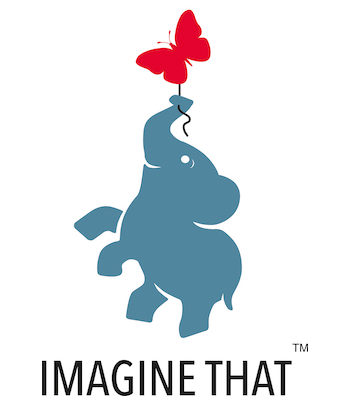
 UK
UK
